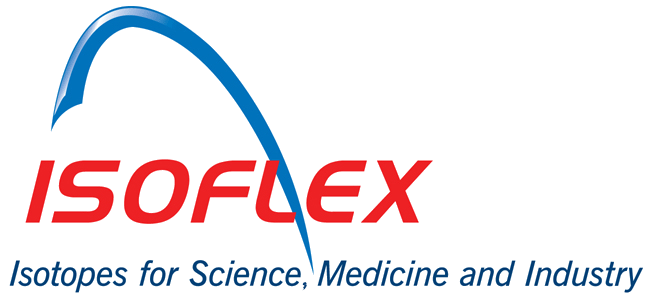Professor improves radioactive waste management techniques
A Rutgers professor and his research team are working to develop a simpler and cheaper way to contain radioactive waste. Last fall, Ashutosh Goel, an assistant professor in the Department of Materials Science and Engineering and his research team, discovered they could create the ceramic material needed to immobilize radioactive iodine in a low-temperature lab setting, rather than a highly controlled environment. Read more.


